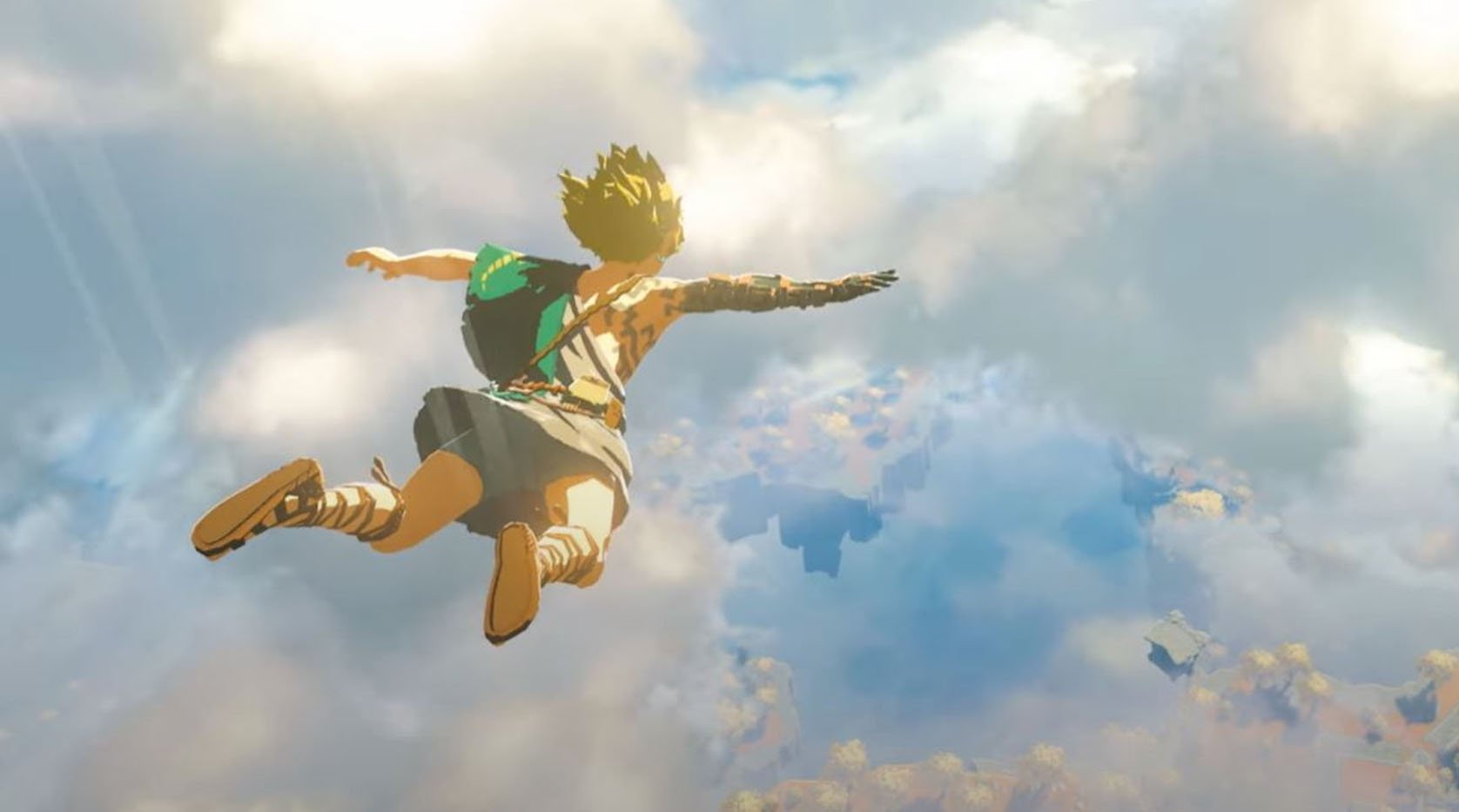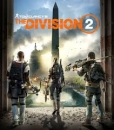Hiku said:
Yes it can be said for any major publication that's weighed more heavily on Metacritic (Or the mainstream media). So if someone there wants to have a particularly weighted impact, they know they can. In cases where there are a number of questionable scores, it'll cause some people to raise their eyebrows. And the more influential the review is, the more negative attention it tends to get. But a more common reason for purposefully attracting attention through controversial actions is probably for the sake of your own business. As for comparing critically acclaimed games, starting with their perfect scores is most convenient since you already provided us with the list. I don't know if I'd say it's the 'best' considering it leaves out the vast majority of reviews, so we'll get a very small sample size. If you're particularly interested in perfect scores because Edge notoriously give lower scores, the same should apply to the number of 9's they give out. And 8's, etc. Not only are their sample sizes larger, but I'd say lower scores tend to be more interesting to look at in the context of this 'conspiracy theory'. Because they have the potential to make the biggest difference for the most noteworthy games, that tend to reside in the upper end of the review spectrum. |
"Yes it can be said for any major publication that's weighed more heavily on Metacritic (Or the mainstream media). So if someone there wants to have a particularly weighted impact, they know they can. In cases where there are a number of questionable scores, it'll cause some people to raise their eyebrows. And the more influential the review is, the more negative attention it tends to get. But a more common reason for purposefully attracting attention through controversial actions is probably for the sake of your own business. For example, the reason Edge chose not to have God of War on the cover probably doesn't have anything to do with the fact that they don't consider it a particularly remarkable game, not even in the same league as ARMS, but rather that they figured that most other magazines would feature Kratos on the cover, so by having Dark Souls they'll stand out from the rest."
I think we generally agree, however the final part is what I disagree with. I think the example is not a case of not wanting GoW cover because of the competition. I think it rather just has to do with them choosing the higher rated game over the other. As I also said before, controversy is not their MO, it is rather their trusted and harsh scoring that makes sells their magazines. Otherwise they wouldn't be as successful, since they would be another apple in the basket.
"As for comparing critically acclaimed games, starting with their perfect scores is most convenient since you already provided us with the list. I don't know if I'd say it's the 'best' considering it leaves out the vast majority of reviews, so we'll get a very small sample size. If you're particularly interested in perfect scores because Edge notoriously give lower scores, the same should apply to the number of 9's they give out. And 8's, etc. Not only are their sample sizes larger, but I'd say lower scores tend to be more interesting to look at in the context of this 'conspiracy theory'. Because they have the potential to make the biggest difference for the most noteworthy games, that tend to reside in the upper end of the review spectrum. For example, for a game that sits on 95 on MC like God of War, a score of 8 would make a bigger difference than a score of 10. And certainly a 7. Which brings back memories of Jim Sterling."
Sure it leaves out games, but like I said, it is a good starting point from which you can analyze if they have a bias or not. Looking at what games they would consider the best, that would be the actually the greatest example. From there you can start to go into the lower tranches. The thing that I noted earlier though, is that they are consistent with their scoring, with few outliers here and there. The notion of scoring something so much lower for the sake of controversy and thus getting attention, is a slippery slope. Why don't we see more lower scores here and there, and how would it affect the credibility of the publication. This would be a dangerous thing to do as a company. Jim, I don't know. He could have just found the game not much else than a 7, but attention he did get. And I also think his relationship with Nintendo is pretty well known, while we don't know anything of the sorts at Edge.
"Anyway, you can understand why people who may be concerned with some of Edge's recent reviews may not be concerned with what happened a decade or two ago? Let's say Reggie Fils-Aimé started writing for Edge under cover during this console generation. If he didn't work for Edge 6 years ago, those kind of reviews wouldn't be an issue then. Over the years management, editors and writers come and go. Even review guidelines and the entire grading system can change. When it comes to games with perfect scores, I don't know how far back in time you'd be interested in relevance to the concern some people currently have in this topic. If I had a list of their 9's, 8's, 7's, etc, I would only really be interested in looking back a few years. Even the entirety of the current collective console generation would probably be a lot of work to tally up."
I do not understand that. The fact that they have been relatively consistent over the decades have made me conclude as such. Hence why I said that they were consistent. Perhaps that is their hiring process. Maybe it is rigorous, maybe they root out biased persons quickly. Either way, I have not seen anything that suggests massive or either little changes in the way they review games. For example, like I said before with the perfect scores. They are spread wide over time. This indicates some form of consistency, wouldn't you agree?
"For this current generation (or the generation between systems that compete with PS4), they've given out 4 perfect scores to platform/console exclusive titles.
Bayonetta 2 (WiiU)
Bloodborne (PS4)
Zelda: Breath of the Wild (NSW)
Mario Odyssey (NSW)
Nothing particularly odd about the split imo. Especially since it's a small sample pool. Though on a sidenote, from what I've played I wouldn't give Bayonetta 2 or Bloodborne 10's. But I'm not shocked if they do. Especially considering they loved the original Bayonetta just as much. And I personally can't think of any PS4 games I'd give perfect 10's to. Then again, the last game I would have given a 10 at the time of release may have been Ocarina of Time. So I'm a lot more stingy when it comes to giving out 10's than Edge.
If you want to look to the previous generation which stretches back over a decade, if we look at exclusives which was what Barkley was focusing on in his comparison, they gave 10's to 6 games.
Halo 3 (360)
Super Mario Galaxy (Wii)
Little Big Planet (PS3)
Super Mario Galaxy 2 (Wii)
The Legend of Zelda: Skyward Sword (Wii)
The Last of Us (PS3)
Nothing in particular stands out to me about this list either, other than the split being more even."
I don't disagree with any of this, but I do think scores of both Bayonetta 2 and Bloodborne were well deserved.





















